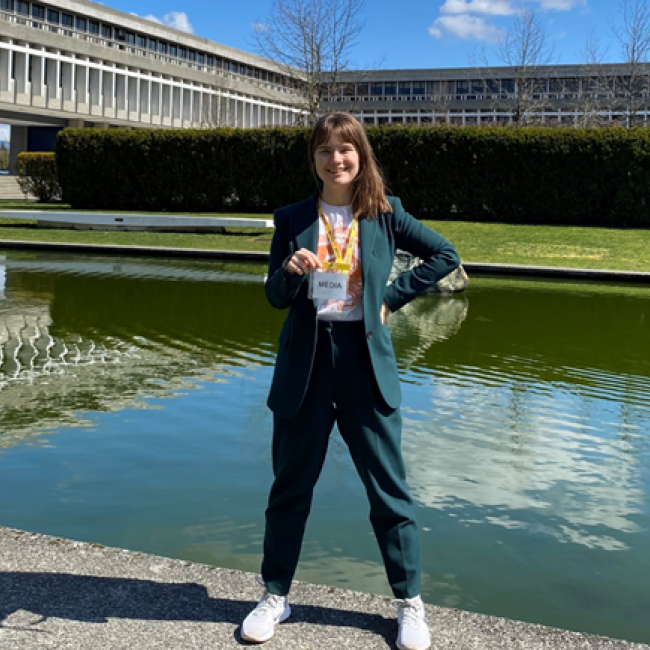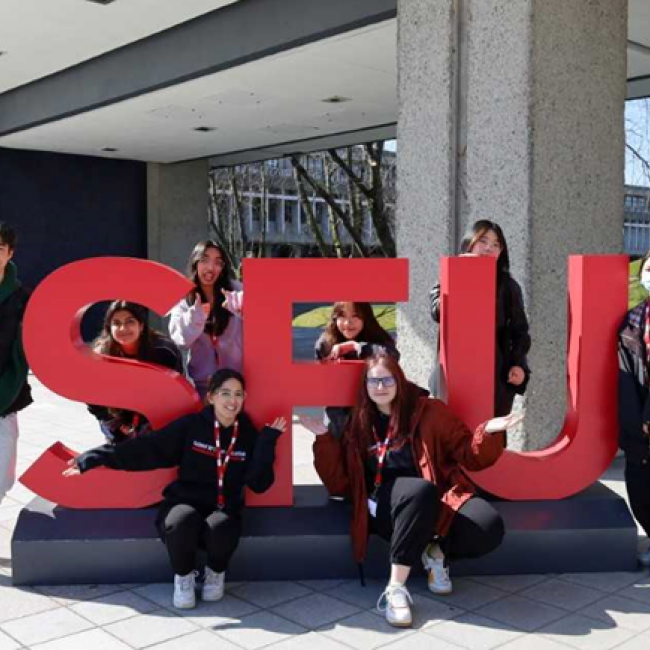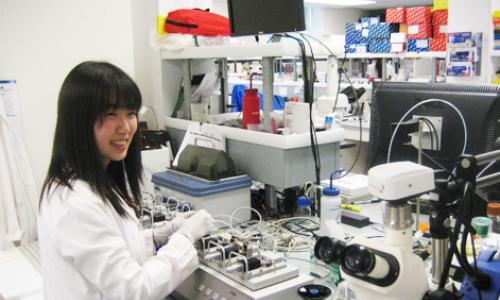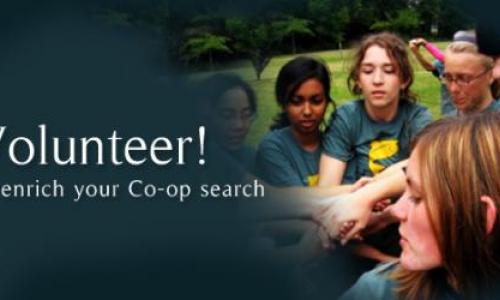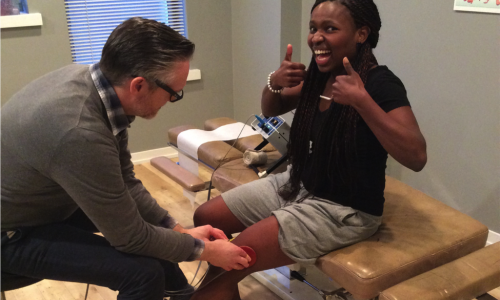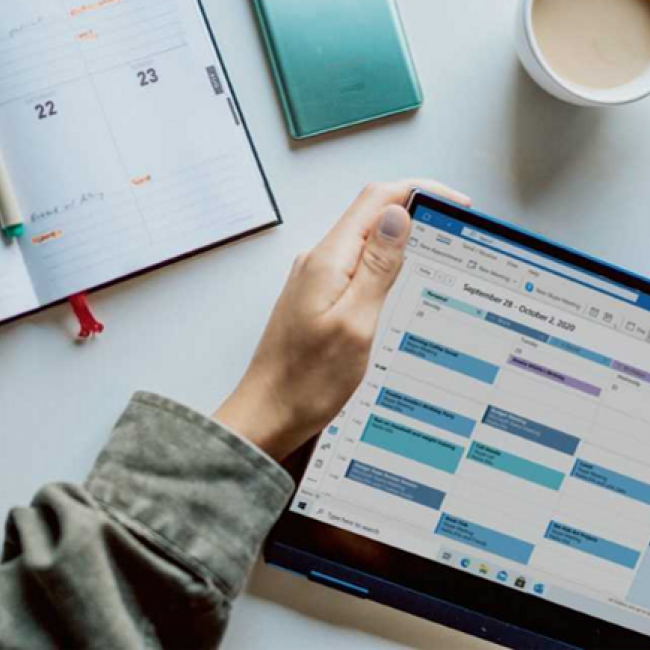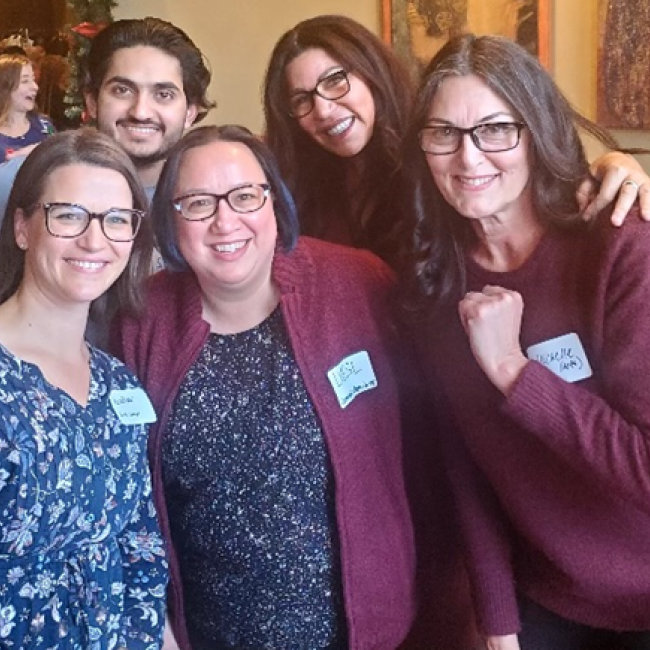
Whether you’re like me and have been doing Co-op for a while now, or just have had your fair share of job interviews, then you probably think you know everything there is to be prepared for one. However, I will tell you right now that, unless you have actually conducted a job interview, you most likely do not.
During my second Co-op term, I was fortunate to be involved in the hiring process for my replacement. After being an interviewee for so long, being an interviewer completely changed my perspective of the hiring process. It even compelled me to go home and alter my resume. Here are the insider tips on Co-op interviews that I feel everyone should know.
When applying to Co-op jobs, you need to include an attachment of your transcript which showcases the classes you took and your grades. Now this may sound intimidating, but I promise you that that one C- on your transcript is not the end of the world. When I brought up a point about a person’s grades on their transcript, my supervisor mentioned that they don’t care so much about that and like to look at special projects and accomplishments that are included instead.
Whether you’re reading through a pile of black and white printed resumes or a PDF compilation of colourful, well-designed documents, reading resumes gets boring. After reading several resumes, the eyes start to gravitate towards specific sections. One of the most prominent sections for me and the rest of the hiring committee was the special projects section.
I’m a visual learner, so it was hard for me to get an idea of who someone was just by reading a piece of paper. And to be honest, it’s hard to tell your whole story via bullet points on 2 pages. That’s why I really enjoyed it when someone hyperlinked a special project. If you hyperlink a blog post, an Instagram feed you’ve managed, a website, etc., it makes it so much easier for the hiring committee to see what you’re capable of. It can even give them a sneak peek into you as a person (especially if it’s a personal blog). Because of this, we were more likely to call someone in for an interview if they included a special project we could see because it made us easier to relate to them and see their skills put to work.
For in person interviews, all you need to worry about is how you look and (maybe?) how you smell on top of all the other stressful interview questions you’ve rehearsed. However, on Zoom, you need to worry not just about how you look, but how you display your organizational skills. I understand that technology is not 100% perfect, but we could totally tell when someone wasn’t prepared if they showed up with headphones that they didn’t know how to connect (because they obviously didn’t rehearse beforehand). Make sure you know how to connect your headphones and mic so that they work to avoid all the awkward fumbling that technical difficulties can cause.
You would be surprised by how many people don’t check to see what their background looks like on camera before entering a virtual meeting room. You can tell a lot about a person by the details of their Zoom background. No matter what you do, do not include your messy bed in the frame of your Zoom background. Even worse if you have stuffed animals on it (no shame to stuffed animals, but your potential future supervisor doesn’t need to see who you cuddle to sleep).
This is the most important piece of advice I could give. You got called in for an interview because the hiring committee read your resume and were impressed with your skills. However, they’re also impressed with several other people as well. It’s a hard pill to swallow, but sometimes having the skills for a job is just not enough.
Instead, use the interview as a chance not only to speak more about your skills but to flaunt your amazing personality. Show the interviewer why they want you to be part of their team and why they would want to see you every day at the office. Unless the interviewer is Ebenezer Scrooge, you need to smile, be friendly, and overall be charismatic. Interviewees who could hold a conversation, smile, laugh, and keep things lighthearted were a lot more personable and stood out from the rest of the candidates.
Interviews are intimidating but they’re also great places to make meaningful connections and conversations. Just take a deep breath, shake your jitters out, and tell yourself, you got this!









